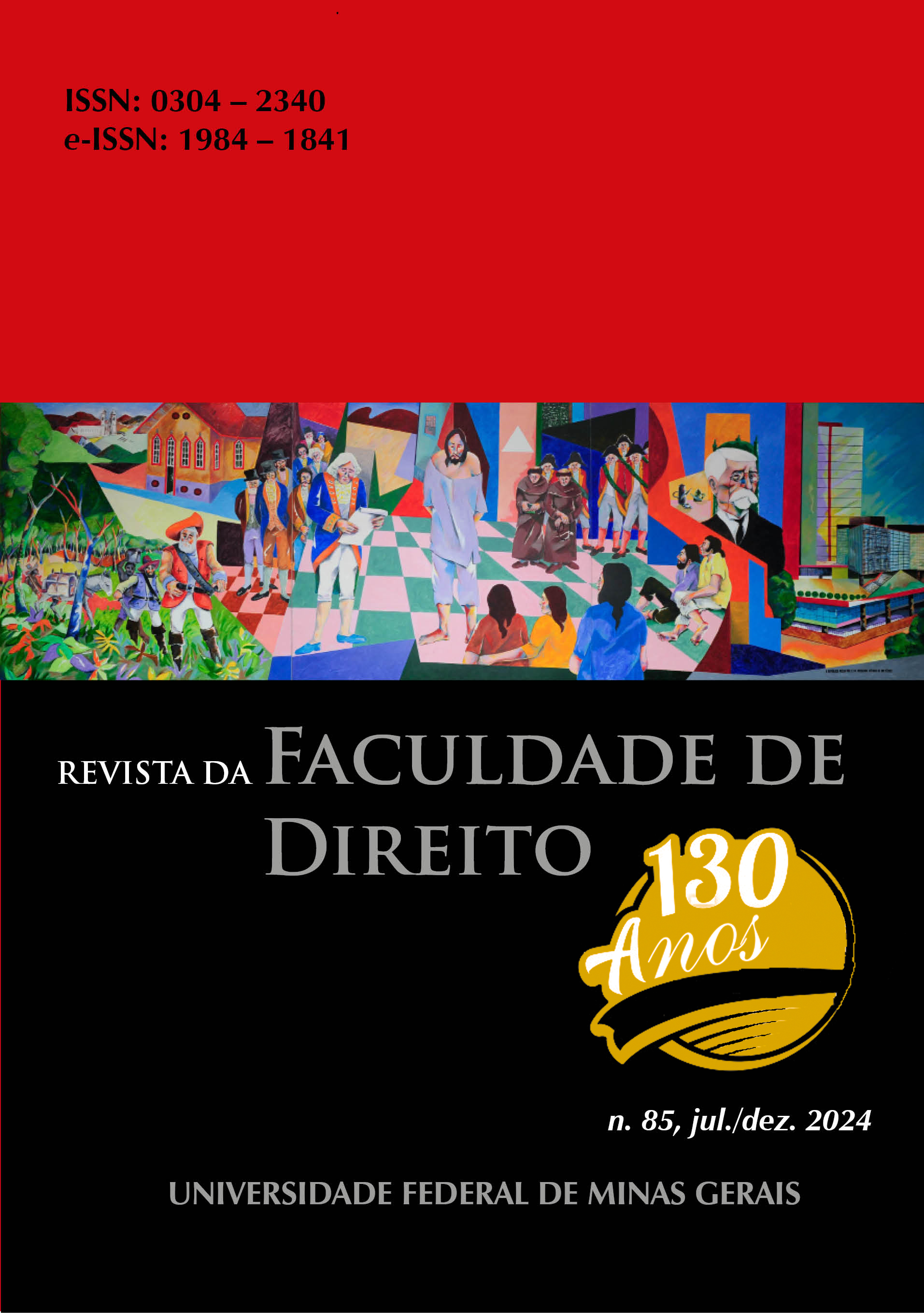LGBTQ+ RIGHTS BETWEEN QUEER INTERNATIONAL LEGAL STUDIES AND THE JURISPRUDENCE OF THE EUROPEAN COURT OF HUMAN RIGHTS
DOI:
https://doi.org/10.12818/P.0304-2340.2024v85p65Abstract
This article analyses the normative contours
of disputes involving States and individuals
adjudicated by the European Court of
Human Rights, concerning the recognition of
fundamental rights for LGBTQ+ individuals.
The study seeks to examine how the Court’s
jurisprudence has addressed the international
enforcement of LGBTQ+ rights and the
interpretation of issues related to the right to
gender identity. Through an analysis grounded
in queer international legal studies, this
paper explores the potential for solidifying
an international jurisprudence characterized
by disruption and transformation, directed
towards the recognition of the rights of gay,
lesbian, transgender, and intersex individuals,
as well as promoting the examination
of the implications of queer theory on
international law. The research adopts a
theoretical-investigative approach, a legalcomparative analysis, and the inductive method, considering the significance of cases
submitted to the European Court of Human
Rights and the necessity of interpreting legal
and constitutional precepts through the lens
of queer theory. The proposal also addresses
the goals of protection of the right to diversity,
the self-determination of the LGBTQ+
community, and the effective implementation
of fundamental rights on a global scale.
Thus, despite the expansion of freedoms and
guarantees within the European human rights
system over recent decades, the broadening
scope of LGBTQ+ rights, and a dynamic
and evolving interpretation of the European
Convention’s text, the conclusion is reached on
the necessity of constructing an authentically
‘queer jurisprudence’ for these minority
groups. The increasing efforts by these groups
to assert their rights in the international arena
surpass the binary conceptions —such as
male/female and the reduction to biases and
stereotypes—enabling enhancements in the
social, ethical, and scientific dimensions of
international human rights law in Europe.
KEYWORDS: LGBTQ+ rights. International
Human Rights Law. Queer studies. European
Court of Human Rights.




















